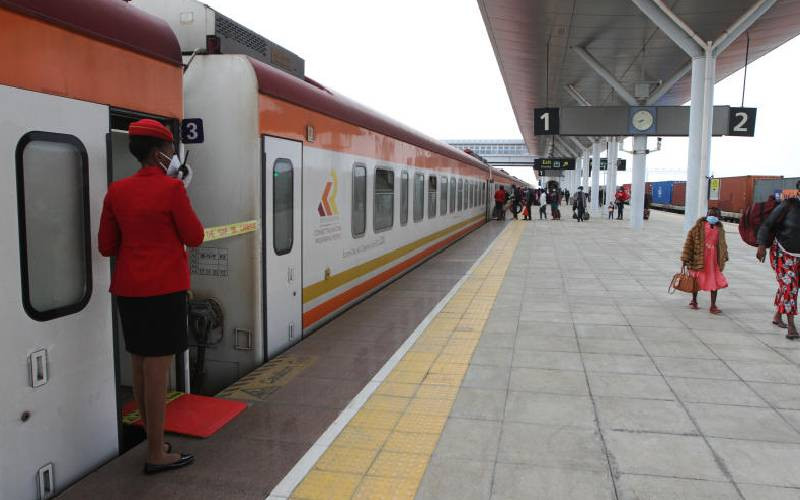×
The Standard e-Paper
Smart Minds Choose Us
Cabinet’s approval of the payment of a few of the ‘Anglo-Leasing-type’ or related security contracts should not come across as legitimising a shameless fraud.
In 2004, news of 18 dubious contracts — a dozen of them signed or negotiated under the Kanu regime — sparked outrage because it showed there were people in Narc willing to go the same way on graft.







